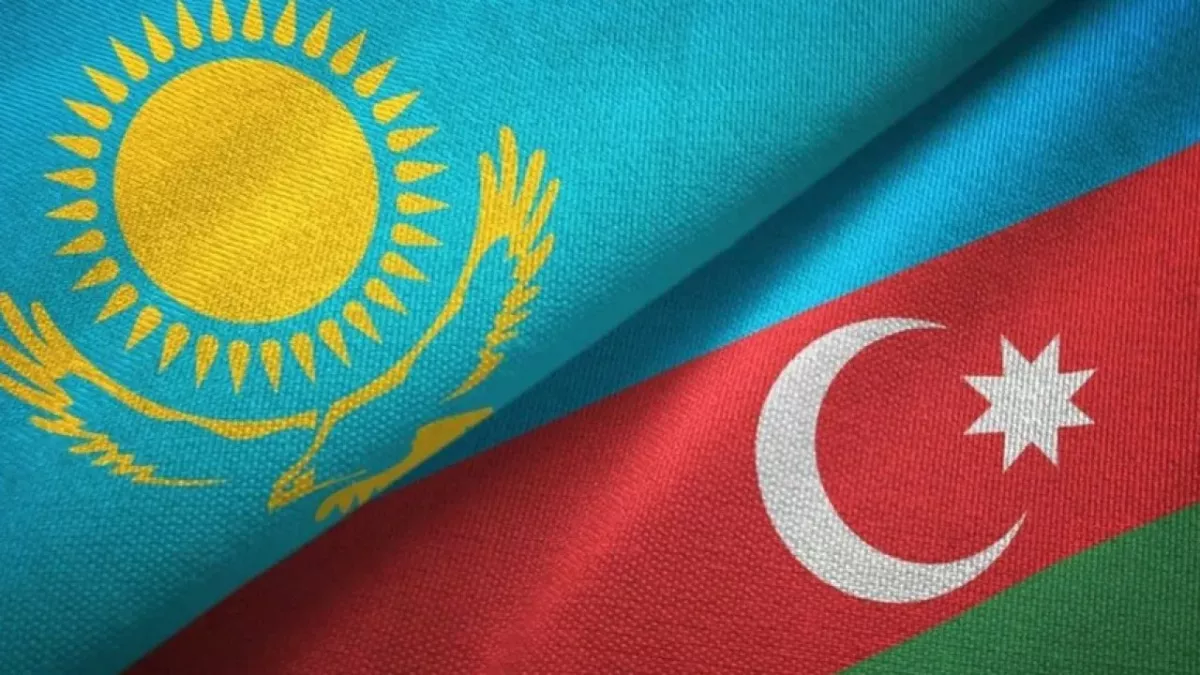What the Abraham Accords promise for Kazakhstan and Azerbaijan Opinion by former Israeli minister in JNS
The Israeli newspaper Jewish News Syndicate (JNS) has published an article by former Israeli Minister of Communications Ayoob Kara, dedicated to the potential inclusion of Azerbaijan and Kazakhstan in the Abraham Accords. Caliber.Az presents selected excerpts from the article.
These days, the eyes of the world are on Saudi Arabia, trying to discern whether the kingdom is truly moving toward normalization with Israel. Before the Hamas-led terrorist attacks in southern Israel on Oct. 7, 2023, normalization with Saudi Arabia was the most talked-about topic in the Middle East and the United States. However, after Hamas’s brutal and inhumane attack, the issue of normalization was sidelined.
Now, with a familiar face back in the White House making moves that just a year ago would have seemed impossible, the conversation around normalization is returning. While it’s hard to predict what will happen with Saudi Arabia, especially with President Donald Trump once again shaping global dynamics, developments with other countries appear to be taking shape.
For Kazakhstan and Azerbaijan, joining the Abraham Accords presents a strategic opportunity to reshape their geopolitical standing.
First, normalization would expand their cooperation with Israel and likely increase their energy revenues. Moreover, both countries would likely gain access to additional technological innovations not only from Israel but also from the United States, which plays a crucial role in the Abraham Accords framework.

If Azerbaijan and Kazakhstan were to sign the Abraham Accords and deepen cooperation with the United States, they could gain a significant edge over other countries in the region, bolstering their positions vis-à-vis China, Russia and Iran. Such a move could dramatically transform the region.
Kazakhstan, for its part, is keen to diversify its trade partnerships. Relying heavily on Russia, which is under heavy global sanctions, and China, which is in the midst of a trade war with the United States, creates uncertainty and risk. By partnering with the United States, Kazakhstan could export its natural resources to the West via the “Middle Corridor,” a trade route designed to bypass Russia and Iran, and which includes Azerbaijan.
If Kazakhstan signs the Abraham Accords, it would be a win-win: Kazakhstan benefits, Europe gains an alternative energy source to Russian oil, Israel gains recognition from another Muslim country and the United States secures access to critical minerals from a source other than China.
Another key aspect of this potential shift is how the rest of the Turkic-speaking nations in Central Asia might react. In 2023, Azerbaijan and Kazakhstan began working to establish and strengthen a coalition of Turkic states based on shared language, history and culture. This coalition plans to cooperate across military, scientific, informational, cultural and economic fields.
If Azerbaijan, one of the strongest of the Turkic countries, and Kazakhstan, the largest and wealthiest, join forces in such a transformative diplomatic move, it’s likely the rest of the Turkic nations will follow. Collaboration between this coalition and Israel could significantly bolster Israel’s standing in the Muslim world.
All that remains is to hope this crucial diplomatic initiative comes to fruition. If there’s ever been a deal in which no party stands to lose, this is it. Israel, the United States, Kazakhstan and Azerbaijan must not let this opportunity slip away.








